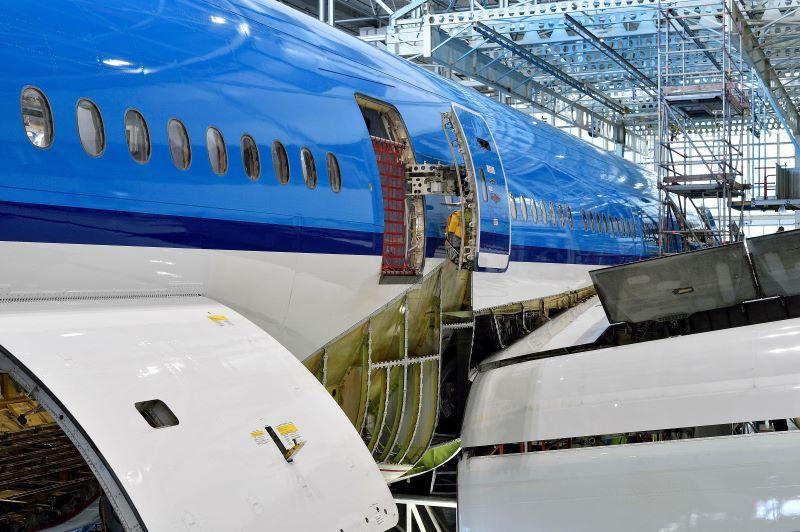
Credit: AFI KLM
EASA has published new guidance for complying with the European agency’s mandate that repair stations set up safety management systems (SMS) by late 2024. Under regulations adopted last fall and effective Dec. 2, 2022, EASA-certified shops will have a two-year “transition period”—or until Dec. 2...
Subscription Required
This content requires a subscription to one of the Aviation Week Intelligence Network (AWIN) bundles.
Schedule a demo today to find out how you can access this content and similar content related to your area of the global aviation industry.
Already an AWIN subscriber? Login
Did you know? Aviation Week has won top honors multiple times in the Jesse H. Neal National Business Journalism Awards, the business-to-business media equivalent of the Pulitzer Prizes.

